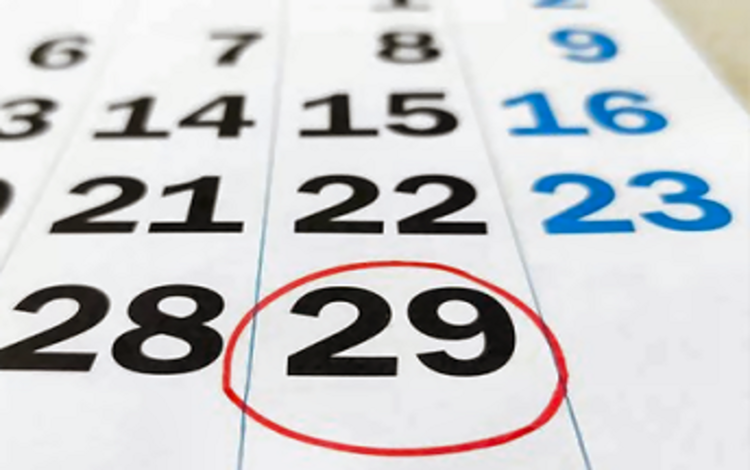Every four years, we add an extra day to our calendar: February 29th. This anomaly is known as Leap Day, a fascinating phenomenon due to our calendar system’s intricacies. But what exactly is a leap year, and why do we have them? Let’s delve into the intricacies of Leap Day and uncover the mysteries behind its occurrence.

What is a Leap Year? A leap year is a year that contains an additional day, February 29th, to keep our calendar year synchronized with the astronomical year. While a typical year has 365 days, a leap year has 366 days. This extra day is added to ensure our calendar aligns closely with the Earth’s revolutions around the sun.
Why Do Leap Years Happen? The Earth’s orbit around the sun takes approximately 365.2425 days, creating a fractional mismatch with our 365-day calendar year. Without adjustments, this discrepancy would gradually shift our calendar out of sync with the seasons. To compensate for this, we incorporate leap years into our calendar system.
Leap years are primarily necessary because our calendar is based on the Gregorian calendar, which follows a solar calendar system. The Gregorian calendar was introduced by Pope Gregory XIII in 1582 to replace the Julian calendar, which had a slight miscalculation in its leap year system, causing a misalignment with the solar year over time.
How Are Leap Years Calculated? The rules for determining leap years are relatively straightforward. A year is considered a leap year if it is divisible by 4. However, there’s a caveat: years divisible by 100 are not leap years unless they are also divisible by 400. This adjustment helps correct the slight overcompensation introduced by leap years, ensuring long-term accuracy in our calendar system.
Historical Significance of Leap Years: Leap years have held significance in various cultures throughout history. In ancient Rome, leap years were considered unlucky for marriages and other significant events. In some traditions, Leap Day is associated with folklore and superstitions, such as the belief that women can propose marriage to men on this day.
Leap Day, occurring every four years is a testament to humanity’s ingenuity in synchronizing our calendar with the Earth’s natural cycles. By incorporating an extra day into our calendar system, we maintain alignment with the astronomical year, ensuring that our seasons and annual events remain in harmony. So, as we celebrate Leap Day, let’s appreciate the complexity behind its occurrence and the meticulous calculations that keep our calendar in check.
